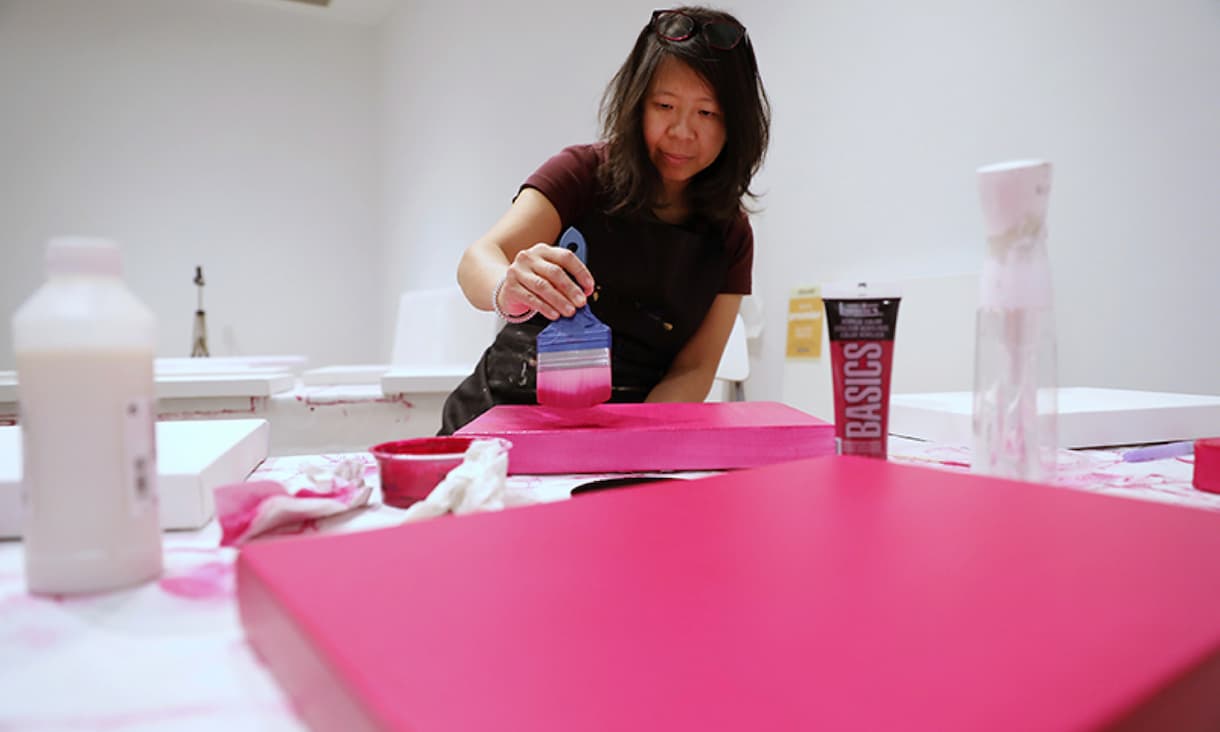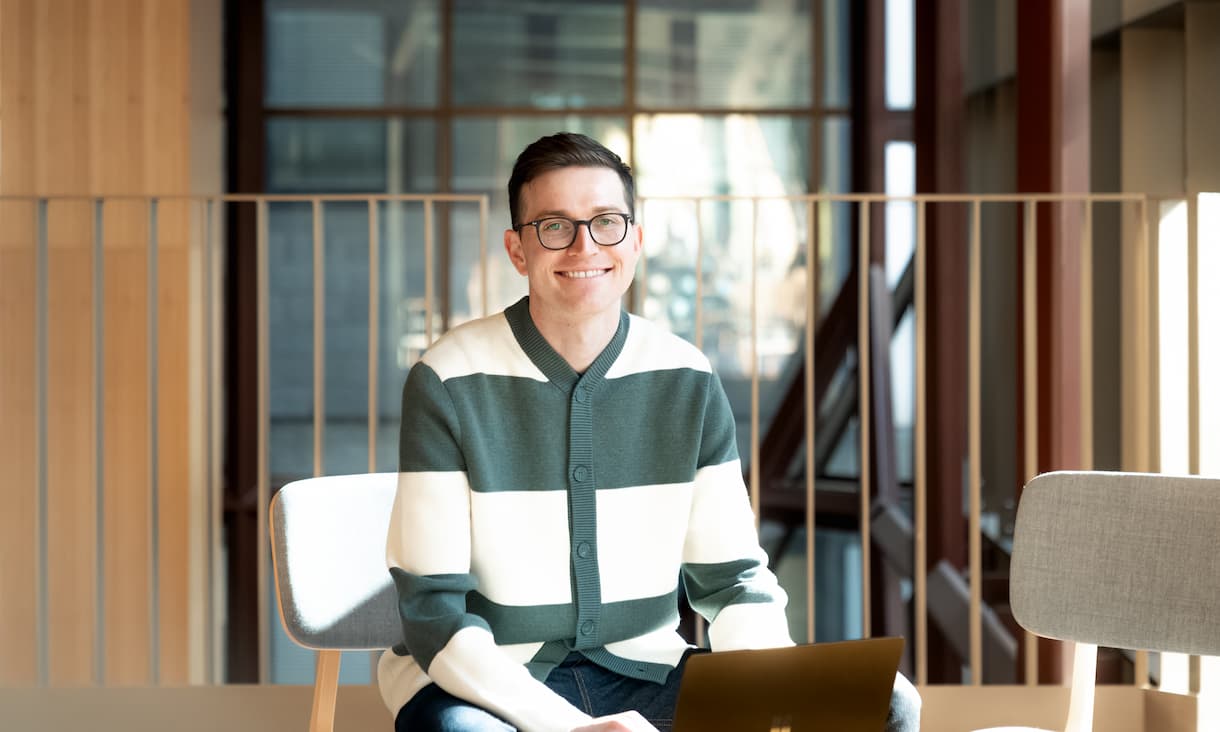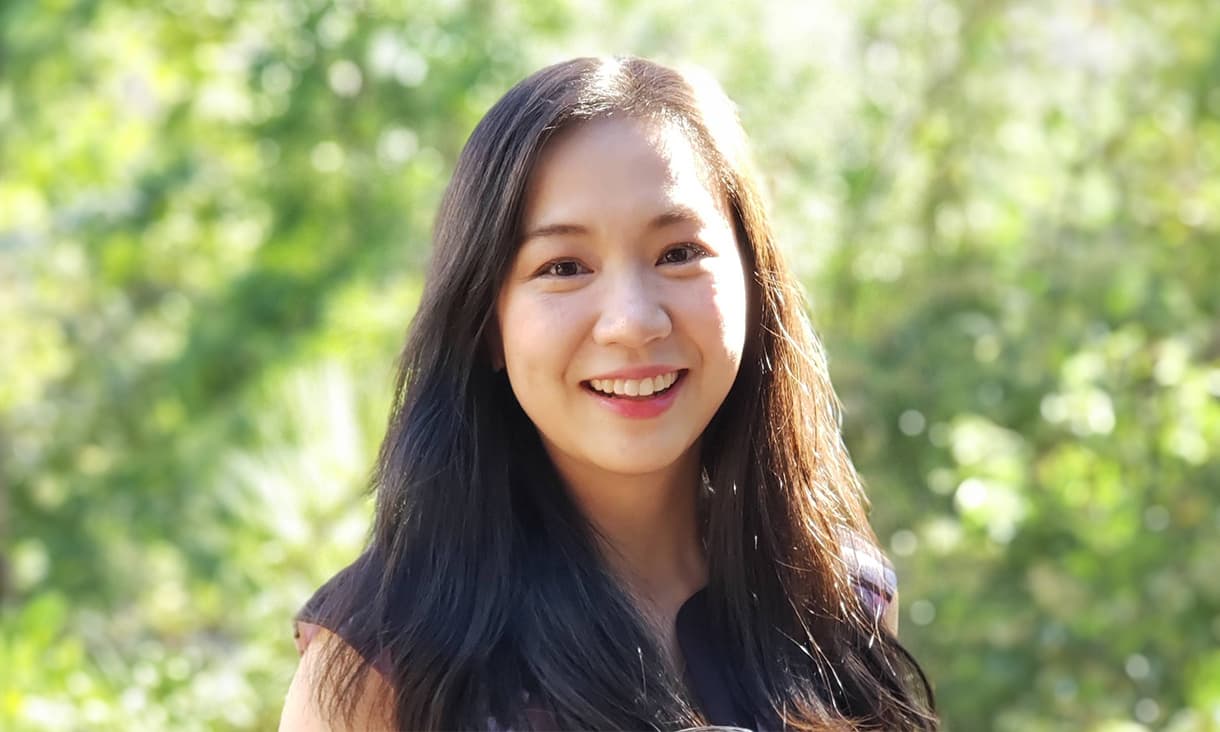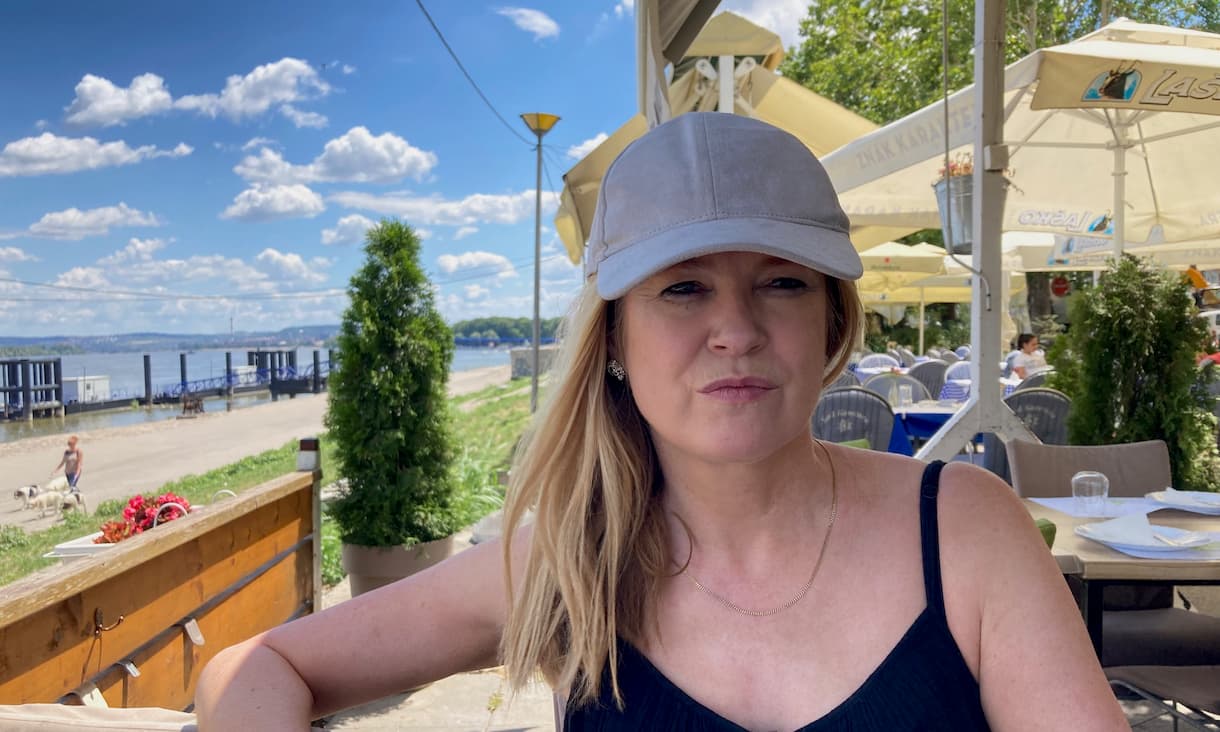Examining lessons from the past
In her 20 years as an artist, Tintin has always found creative inspiration in geopolitics. Her artistic examinations attempt to unravel past secrets to glean insights into how modern-day life can avoid making the same mistakes of the past.
In particular, the release of sensitive government documents surrounding mass killings in Indonesia between 1965 and 1966 fuelled Tintin’s exploration of violence, distance and accountability.
Her exhibition, Tintin Wulia: Secrets, looks at ways to aesthetically represent what happened in the past and how it relates to the future.
“This series is inspired by the responses I often encounter when discussing the mass killings: that it is about Indonesians killing Indonesians, and that we better move on because we will never know the truth,” she said.
Tintin hopes new learnings can be gleaned from the declassified documents. The exhibition includes a set of handmade passports Tintin started in 2007 and has been adding to ever since. She hopes pieces like this prompt deeper thought about the impact of secrets, from the personal to the political.
Exhibiting in an iconic art space
RMIT Gallery’s calendar of contemporary exhibitions celebrates thought-provoking art by emerging and established artists and curators.
It is housed in historic Storey Hall, one of RMIT’s most iconic spaces located on Swanston Street in the heart of Melbourne.
Tintin began preparing her exhibition at RMIT Gallery in November 2022 alongside curator Andrew Tetzlaff. At the same time she was also preparing a twin exhibition at a gallery in Jakarta, titled Tintin Wulia: Disclosures.
She said exhibiting at RMIT Gallery felt like “coming home”.
“The RMIT Galleries production team is amazing,” she said.
“Everyone is deeply committed to delivering the best exhibition. I would love to work with them again.”
RMIT Gallery is part of RMIT Culture, which brings together the cultural programs at the university’s public spaces including The Capitol, RMIT Design Hub Gallery and First Site Gallery.
RMIT has a wide range of arts and culture partnerships to benefit RMIT alum. These include free membership at ACMI and discounted membership at the NGV.
Carving a cultural niche
Tintin completed a PhD research degree at the RMIT School of Art funded by an Australian Postgraduate Award.
Even though she had participated in major international exhibitions such as the Yokohama Triennale and Istanbul Biennale before starting her studies at RMIT, Tintin said her PhD has led her career to even greater international heights.
“My practice-based PhD at RMIT has prepared me for a lot,” she said.
“It gave me the confidence to explore a broad range of mediums and allowed me to expand my practice through the reading and writing in developing my dissertation.
“It also gave me the foundation upon which I could grow as a researcher, which brought me to my post as a senior researcher at HDK-Valand – Academy of Art and Design, University of Gothenburg, Sweden, where I'm currently a principal investigator leading two funded research projects.”
Tintin’s next project, Things for Politics’ Sake: aesthetic objects and social change, looks at how everyday objects can attract different people and facilitate a deeper understanding between them.
Working with others on artistic explorations such as these sum up what makes her career so enjoyable.
“It is particularly rewarding to be able to build on my practice as an artist and, at the same time, learn from and collaborate with fellow practitioners and researchers from other disciplines,” Tintin said.
Story: Kate Jones



